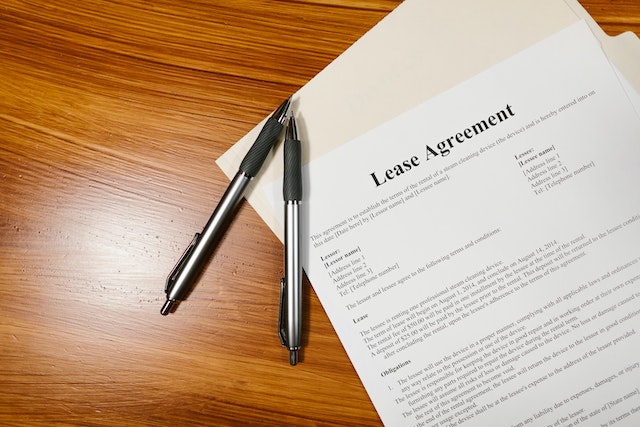Lease Agreements in Florida
Landlords understand the importance of having a solid lease agreement. A good agreement should be detailed yet concise and include all important clauses, such as security deposits, the lease term length, when rent is due, and so on. Besides mentioning the basics, you’ll want to also mention other terms such as the following.- The penalties the tenant may be liable for breaking their lease early.
- Their rights to justifiably break the lease.
- The amount of notice the tenant must serve you prior to terminating their periodic agreement. In Florida, the specific notice a tenant must serve depends on the length of their periodic tenancy. For tenants on a month-to-month lease, they must serve you a 15-day notice prior to moving out. Those leasing on a quarterly basis must provide you with a notice of at least 30 days prior to leaving.

- Your responsibility to re-rent the unit after a tenant terminates their lease. As a Florida landlord, you aren’t required to mitigate damages after a tenant breaks their lease. Meaning, you can wait until the lease ends before holding the tenant liable for the remaining rent.
- The tenant’s right to sublet the unit. In Florida, if a lease doesn’t prohibit subletting, then the tenant is legally allowed to do so. Therefore, it may be in your best interest as a landlord to have a subletting policy to safeguard your investment.
Unjustified Reasons for Breaking a Lease in Florida
The following are examples of unjustified reasons to break a lease. However, these reasons do not provide the tenant with legal protection against potential legal and financial ramifications such as an eviction.- Moving to a new house
- Relocating for work or studies
- Moving in with a partner
- Moving to get closer to family and friends
1. Active Military Duty
A tenant has a right to break their lease early for active military service. This right is guaranteed under the Servicemembers Civil Relief Act (SCRA). The tenant must meet a few requirements to do so, however. For one, they must have signed the lease prior to entering active duty. Two, they must have the intention to serve beyond 90 days. And three, they must serve you proof of their deployment or permanent change of station.
For one, they must have signed the lease prior to entering active duty. Two, they must have the intention to serve beyond 90 days. And three, they must serve you proof of their deployment or permanent change of station.
2. Violation of the Warranty of Habitability
As a landlord, it’s important that you maintain your rental property to certain standards. That’s why regular inspection and maintenance are key to running a profitable rental investment business. Among other things, you want to ensure that it has running hot and cold water, working smoke and carbon monoxide detectors, an HVAC system, and an adequate number of trash receptacles. If a landlord fails to do such things, your property may become uninhabitable. Consequently, your tenant may have no other option but to break their lease, sue, or even withhold rent.3. Landlord Harassment
As a landlord, you know that respecting your tenant’s right to privacy is important. Always provide your tenant with advance notice prior to accessing their rented premises. Specifically, under Florida law, you’re required to provide a 12 hours advance notice. Aside from responding to an emergency, your reasons for entry must also be legitimate. For instance, to inspect the property, carry out a repair, in response to a court order, or to show the property to interested applicants. In addition, landlords also should also avoid any of the following:
In addition, landlords also should also avoid any of the following:
- Removing their personal belongings from the unit
- Locking them out of the property
- Shutting off their utilities
4. Violation of the Lease Agreement
Landlords also have a responsibility to abide by the terms of the lease agreement, and must avoid these as well:- Illegally raising the rent amount during the fixed period
- Trying to illegally evict a tenant from their rented premises
- Trying to terminate a periodic lease without proper notice
- Failing to maintain the property to the required habitability standards

.png)